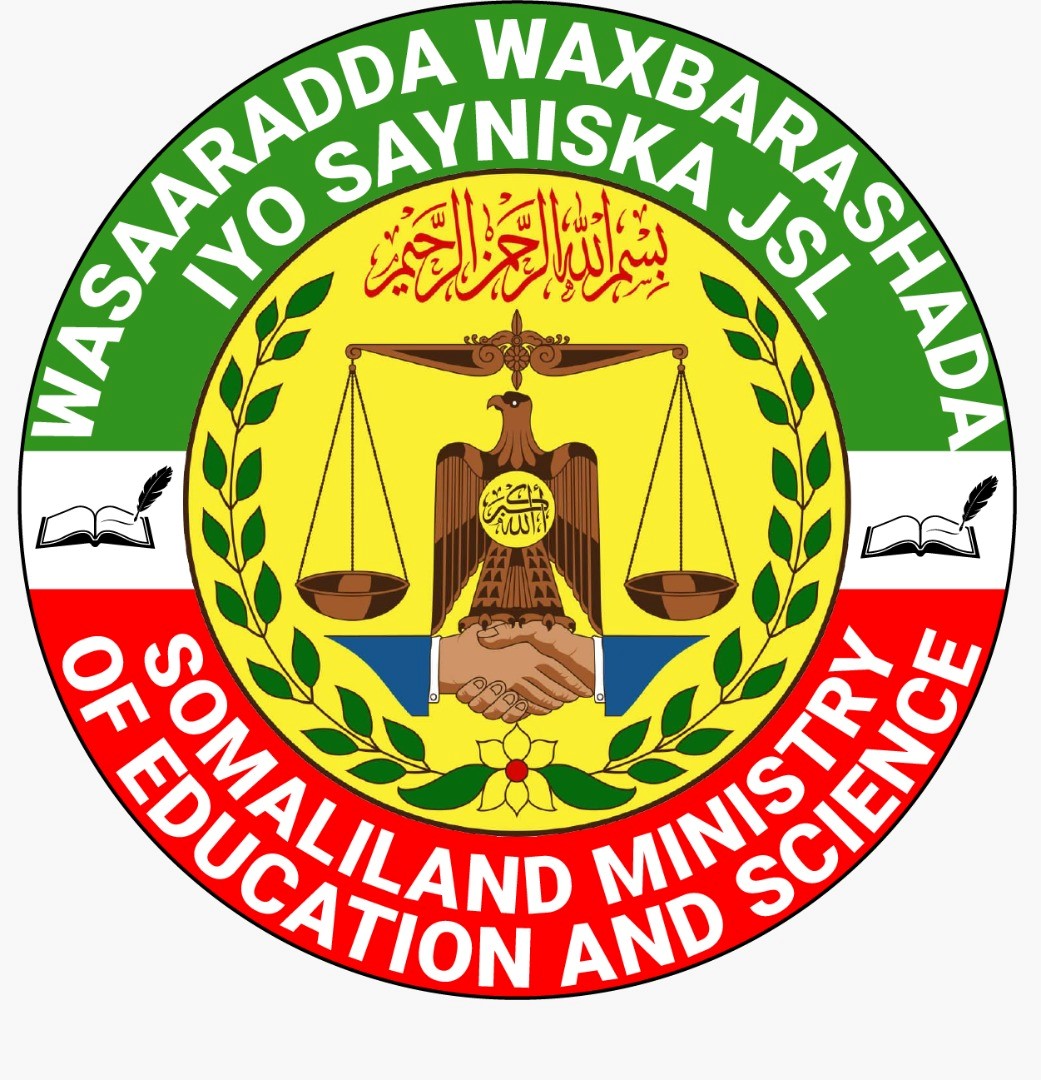
Mandate (Goals) of the ministry
- To promote within society, the acquisition and application of relevant knowledge, skills and attitudes necessary to fulfil its potential for development in a continuously changing world:
- Concern for proper management and utilization of the physical environment.
- A sense of responsibility for peace and improved relations at the individual, family, community, national and international levels.
- The growth of civic consciousness in an informed and socialized citizenry committed to mutual understanding, a culture of peace, and collaboration an acceptance of diversity, and resolving differences without violence.
- Values of loyalty, self-reliance, cooperation-operation, diligence, openness, inquiry, critical thought, honesty, justice, fairness and peace.
- Awareness of the need for and the active promotion of social justice, in the context of Islam
The vision of the Ministry
The Ministry envisions education as means to prepare all learners to become life-long learners equipped with the skills, knowledge and attitudes to be successfully productive citizens.The mission of the Ministry
To provide a quality and relevant education that will prepare every student to be successful in life with a partnership of its parents and communities.Core values of the Ministry
The Education Sector is a critical part of the 2030 Somaliland Vision’s Social Pillar. The 2030 Vision Social Pillar seeks to promote a caring society meeting the basic social needs of its members which includes addressing the challenges of inadequate social services that directly impact the living standards of the Somaliland people. The educational system in Somaliland can be divided into Formal Education and Non-formal. Alternative Basic Education (ABE) and Qur’an schools form the main component of Non-formal education. ABE provides vulnerable population groups with an alternative provision of basic education and adult literacy while Qur’an schools function as religious education centres for children normally in the 3-7 age bracket. Early Childhood Education is a new component within the Formal Education segment which is in early development as a new education institutional layer acting as the first feeder stage of primary education. The Formal educational system of Somaliland comprises early childhood education, primary, secondary, TVET and higher education. Primary education consists of eight years of formal schooling (four years of lower primary and four years of upper primary) and is followed by four years of Secondary education. TVET is not properly standardized under formal qualification standards and can include short-term courses to more comprehensive longer-term programming. Higher education is comprised of Bachelors's and Master's Degree programs that are provided through both public and private University institutions. PhD or Doctorate programs are currently not accessible in any of Somaliland’s Universities. The Somali language is the official medium of instruction for Primary education (1-8). English is introduced as a subject from Grade 2 and is the medium of instruction for Secondary education (9-12). Arabic is taught as a language subject from the 1st to the 12th grade. There are also many private schools where Arabic is the main medium of instruction. English is the primary medium of Instruction within Universities. The Somaliland Ministry of Education recognizes private and not-for-profit sector (NGOs) providers as integral parts of the education system and its provision in both the Non-Formal and Formal at all education levels. In meeting its obligation to provide basic social needs through the NDPII the Government of Somaliland is further committed to providing universal basic education for all, strengthening technical education and investing in higher education, research and development over the 2017-2021 period. The Education Sector within the NDPII will comprise six distinct levels of educational provision:
1. Early childhood
2. Primary
3. Alternative Basic Education
4. Secondary
5. TVET
6. Higher education.
1. Early childhood
2. Primary
3. Alternative Basic Education
4. Secondary
5. TVET
6. Higher education.
Each of these educational levels is managed by a Directorate within the Ministry of Education and Higher Studies (MoEHS) and is coordinated broadly with various international and local stakeholders 153 through the Education Sector Coordination Group. The Somaliland Education Act 2007 is the legal foundation for organizing and delivering these interrelated phases of education.

